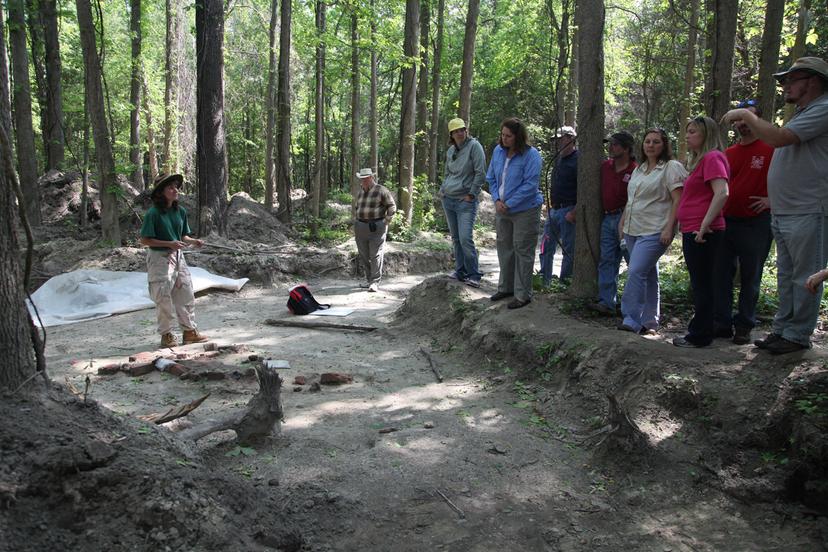Social Sciences

Background
The social sciences are a variety of disciplines and careers concerned with society, its development, history, institutions, and ideas. Interest in the history of civilization, the age of the world, and the origins of humankind is practically as old as civilization itself. For many civilizations, religion attempted to answer the questions people had about life and death. From the fifth to the 15th centuries A.D., theories based on the Bible were not only promoted in Europe but excluded all other thinking. Those with differing theories about human existence were subject to imprisonment.
Despite the centuries of curiosity, modern anthropology, archaeology, and other areas of social science didn't become established disciplines until the 1800s. But the social sciences still had a long way to go; European research of the time was greatly hindered by ethnocentrism. These scientists believed European people to be at the pinnacle of human development. Not only did they consider themselves biologically superior to all other people, but they also believed their society to be culturally superior, overlooking the poverty, crime, and other failings of their cities. This attitude helped European countries to justify their imperialism as they conquered peoples and cultures that they believed to be inferior and incapable of surviving and developing on their own.
By the 20th century, the social sciences became more enlightened, devoted to preserving and appreciating the practices of other cultures. Controversies do still arise, however. For example, some social scientists adhere to the belief that some Native American tribes practiced cannibalism, while other scientists argue that there is no real evidence to support such beliefs. Controversy also surrounds the removal of artifacts from their archaeological sites and the uncovering of ancient dwellings to be exposed to the elements. In Egypt, the pyramids suffer from the abuses of tourism and mismanagement. To prevent the loss of historical artifacts, social scientists of the 21st century focus on legislation, organizations, and technology that will preserve these cultural resources for future generations.
Today social scientists also use their skills and training in research, statistics, and analysis to study contemporary society, seeking insight into modern culture. They study the social, political, and economic factors that affect individuals and groups, in order to make predictions that may be used to form legislation and policies.
